Election is one of the highest honors for contributions to health, medicine
Adeoye, Guilak, Gutmann, Kipnis elected to National Academy of Medicine
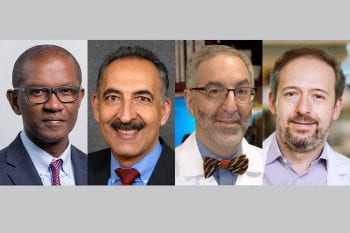

Election is one of the highest honors for contributions to health, medicine
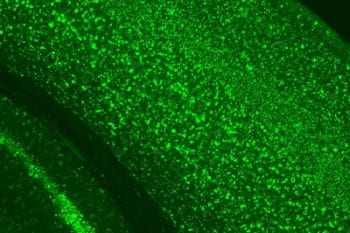
Enzyme replacement therapy, in mice and sheep, slowed brain degeneration
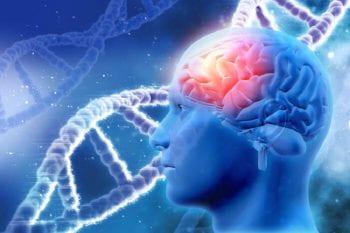
Researchers from several labs to study role of transposable elements

Recognizes scientist’s contributions to Alzheimer’s disease research
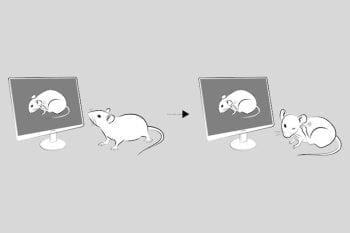
Behavior surprisingly does not require brain’s visual cortex
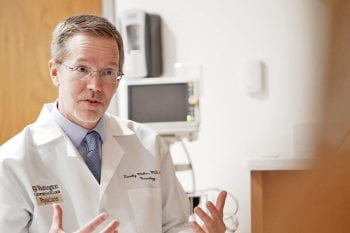
Extended use of tofersen may help stabilize muscle strength, control
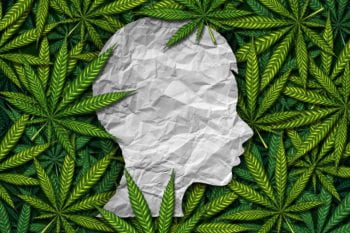
Research finds kids with prenatal exposure show more signs of psychopathology
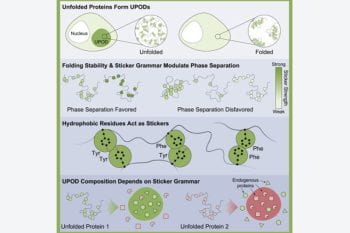
Research uncovers how unfolded proteins are discarded, and how a perfectly good protein can wind up in the trash
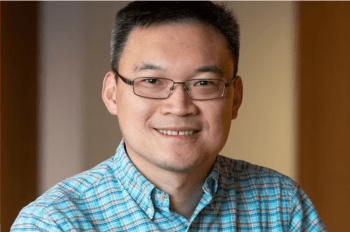
Our brains consume huge amounts of energy and rely on oxygen supplied by blood vessels. When the brains of infants are deprived of oxygen for any reason, it can lead to brain injury that causes cerebral palsy, epilepsy or cognitive impairment. Song Hu, PhD, associate professor of biomedical engineering in the McKelvey School of Engineering […]
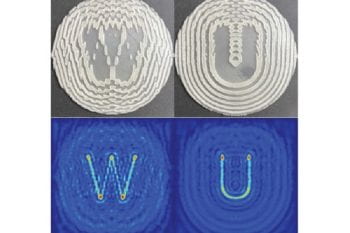
Hong Chen’s lab develops technique to generate Airy beams for ultrasound focusing
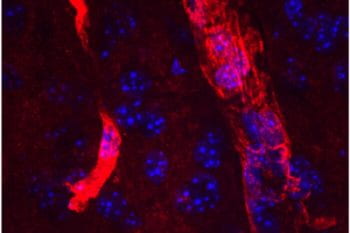
Could aid efforts to find treatments for Alzheimer’s, other diseases

‘We are all doing important work’
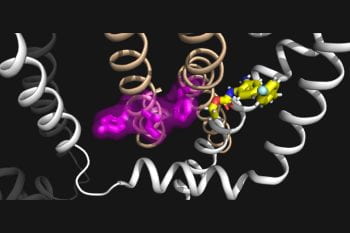
Epilepsy is a neurological disorder that arises from abnormal electrical activity in the brain leading to seizures. These seizure events can have a variety of causes, including genetic variants in a family of proteins that regulate potassium ions in the brain. Researchers at Washington University in St. Louis have led an international team to take […]
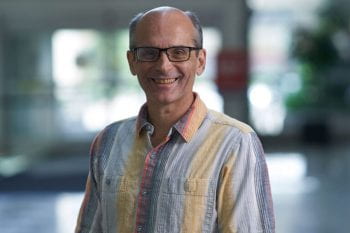
For animals such as mice, olfaction is their primary route to pick up social information, whether that’s identifying the dominant male in a group or figuring out the reproductive status of females. In turn, these signals can influence animals’ behavior and physiology. Pheromones in male urine, for instance, can trigger early puberty in mice. While […]
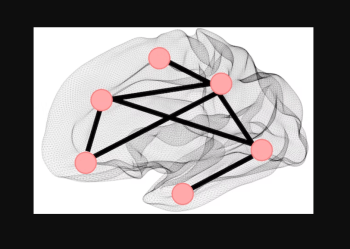
ShiNung Ching, collaborators seek to develop predictive model for secondary brain injuries
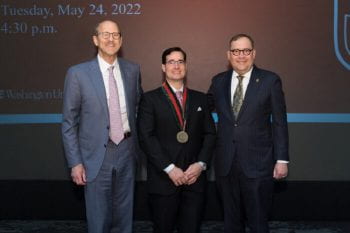
Carlos Cruchaga, PhD, a pioneer in the use of human genomic data to understand and elucidate the biology of neurodegenerative diseases such as Alzheimer’s disease, has been named an inaugural Barbara Burton and Reuben M. Morriss III Professor at Washington University School of Medicine in St. Louis. Cruchaga was installed by Chancellor Andrew D. Martin […]
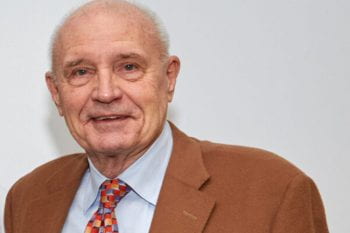
The American Society of Hematology has honored John Atkinson, MD, the Samuel Grant Professor of Medicine at Washington University School of Medicine in St. Louis, for his significant contributions to the field of hematology. He is one of two recipients of the Ernest Beutler Lecture and Prize and is recognized for breakthroughs that have advanced understanding […]
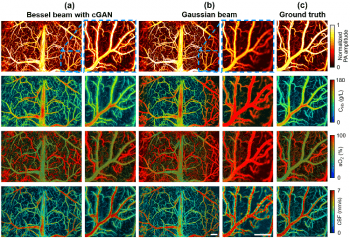
Song Hu combines hardware and machine learning for precision imaging technique
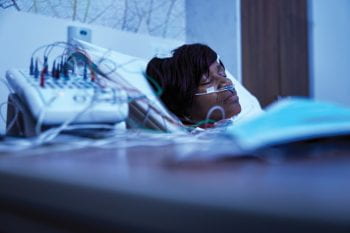
WashU was first to reveal the intricate link between fragmented sleep and dementia
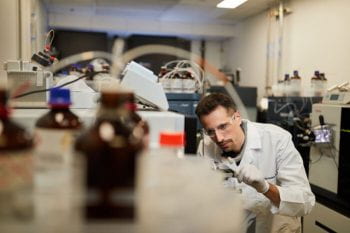
A new center established at Washington University School of Medicine in St. Louis aims to accelerate research into biomarkers of neurodegenerative conditions such as Huntington’s and Parkinson’s diseases, amyotrophic lateral sclerosis (ALS), multiple sclerosis (MS) and the so-called tauopathies, a group that includes Alzheimer’s disease along with rarer diseases such as frontotemporal dementia, corticobasal syndrome […]
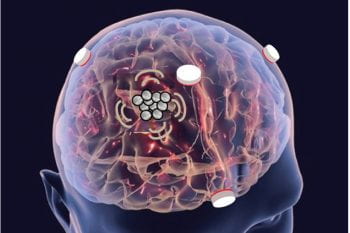
A submarine can inadvertently reveal its location because of cavitation, a condition that creates bubbles underwater that burst, then emit sound waves that can be detected by sonar. A team of biomedical engineers at Washington University in St. Louis plans to use the same concept to detect cavitation in human brains that may contribute to […]
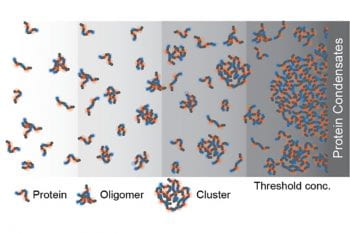
Every cell contains millions of protein molecules. Some of them have the ability to phase-separate to form non-membrane-bound compartments, called biomolecular condensates, inside a cell. It has long been assumed that there was no further structure underlying these condensates, only solution-soluble proteins. A research group led by Rohit Pappu, PhD, the Gene K. Beare Distinguished Professor […]

Neuroscience leaders and other faculty and staff at Washington University School of Medicine in St. Louis got an up-close look at the Neuroscience Research Building during a recent tour of the construction site. The framework of all 11 stories has been built, and the process of wrapping the building in glass is underway. On the […]
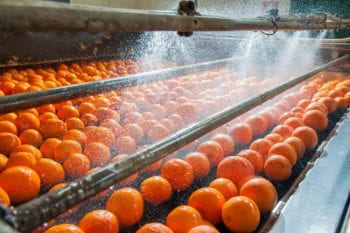
A new study from Washington University School of Medicine in St. Louis demonstrates that certain human gut microbes can mine dietary fiber to extract nutrients that otherwise would remain inaccessible to the human body. The study, published June 27 in the journal Cell, illustrates how the fiber byproducts of food production — such as rinds, peels […]
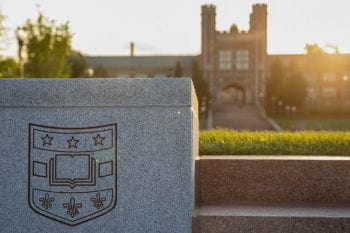
Hope Center faculty given promotions, tenure
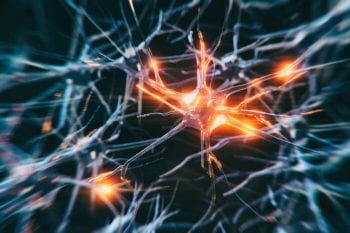
Hyperactive neurons drive tumor growth in NF1 cancer predisposition syndrome
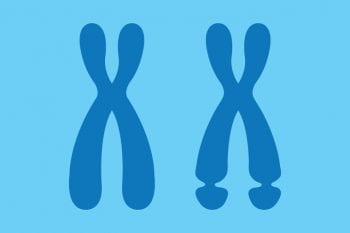
Finding therapies for fragile X may depend on understanding the many ways protein’s loss affects brain

Each year, the Hope Center for Neurological Disorders recognizes trainees who present their work at the Hope Center Retreat. Hope Center award winners are selected based on scientific merit, presentation, and projects that address the Hope Center mission. Congratulations to this year’s winners of the Hope Center Awards based on presentations at yesterday’s Annual Hope Center […]
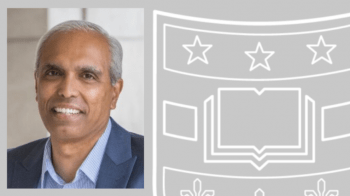
Intrinsically disordered regions (IDRs) of proteins, when tethered to folded domains, function either as flexible tails or as linkers between domains. Most IDRs are composed of a mixture of oppositely charged residues. Recent measurements of tethered polyampholytes have shown that arginine- and lysine-rich sequences tend to behave very differently from one another. In a paper […]
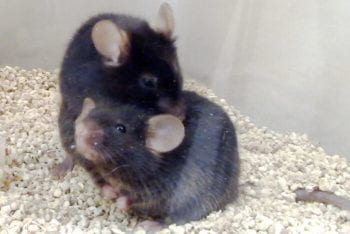
Similar to itch, pleasant touch transmitted by specific neuropeptide and neural circuit

New data prompts reconsideration of decades-old theory about brain injury due to stroke

3 of 4 tests performed inconsistently across racial groups

Diagnosing, treating sleep apnea may make driving safer for older adults
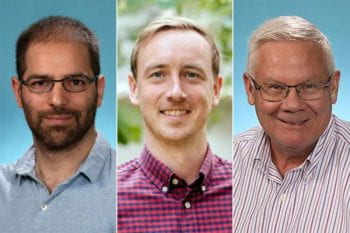
Kravitz, others honored by Office of Postdoctoral Affairs
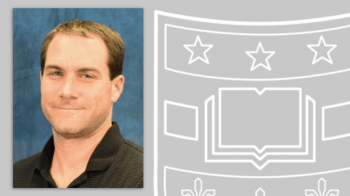
$3.5M grant from NIH
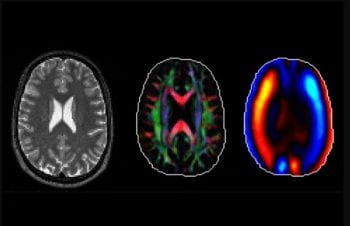
Philip Bayly, collaborators to use imaging, modeling to look at waves in the brain
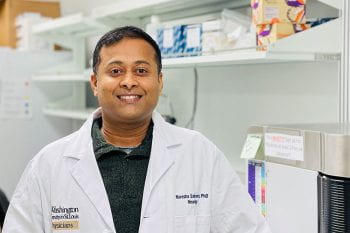
Multiyear, multi-million-dollar grant
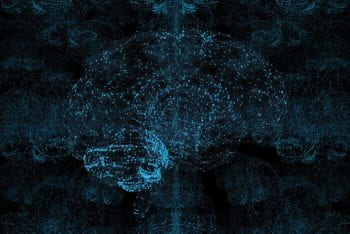
Findings will encourage more data sharing, collaboration among researchers
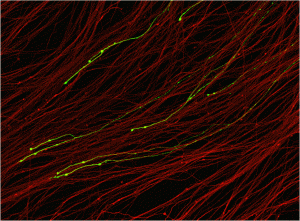
Two-year $300,000 grant
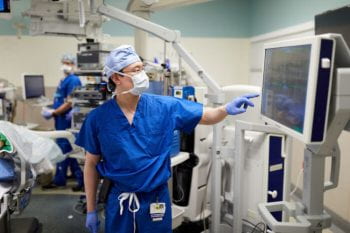
Neurosurgeon Albert H. Kim is nationally recognized expert on brain tumors
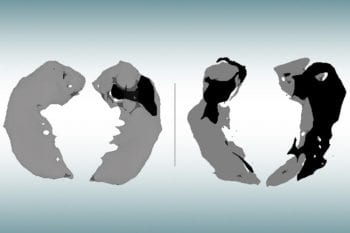
New method has potential for helping diagnose Alzheimer’s before symptoms develop
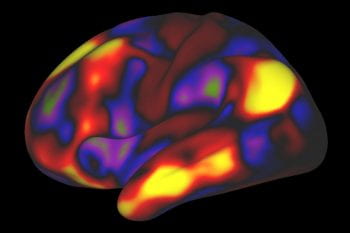
Multicenter team aims to understand how, why brain changes with age
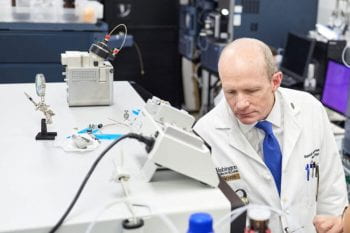
When combined with genetic risk factors, test up to 93% accurate at identifying people at risk of Alzheimer’s dementia
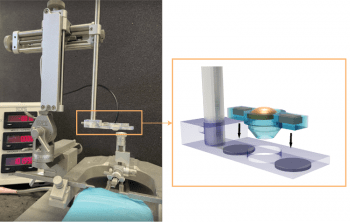
Hong Chen’s lab created an $80 device that is accurate and easy to use
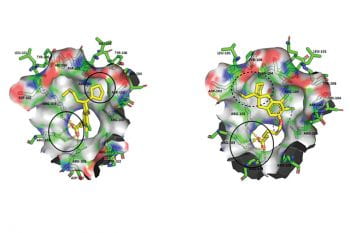
Improves insulin secretion, lowers blood sugar
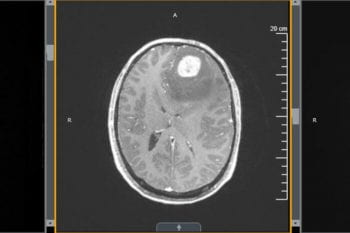
Treatment with interleukin-7 revs up immune system against deadly brain tumor
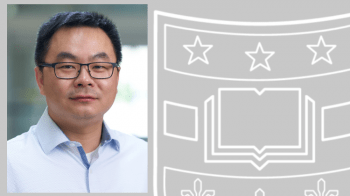
Three-year $225,000 grant
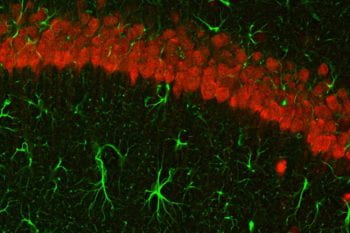
The grants are awarded by the National Institutes of Health (NIH)

Angelman syndrome shares symptoms and characteristics with other disorders including autism, cerebral palsy and Prader-Willi syndrome.

Longstanding collaboration leads to new findings about processes associated with neurodegenerative diseases